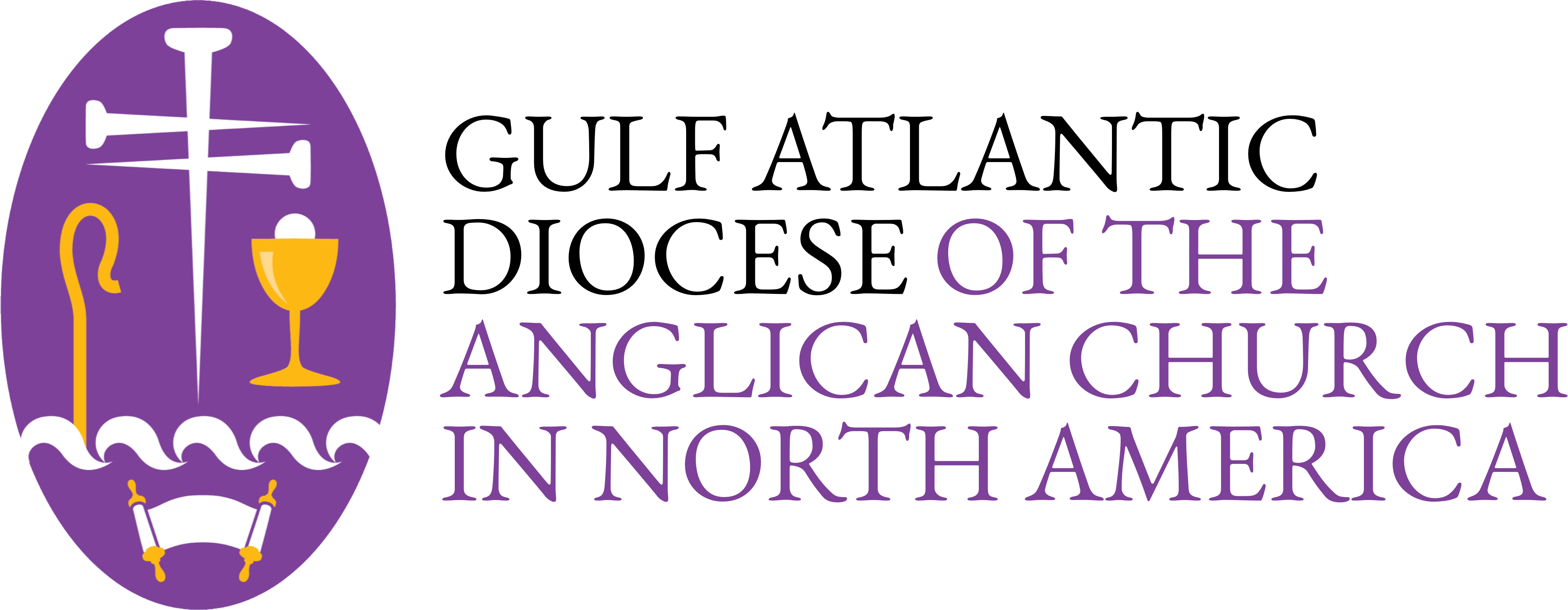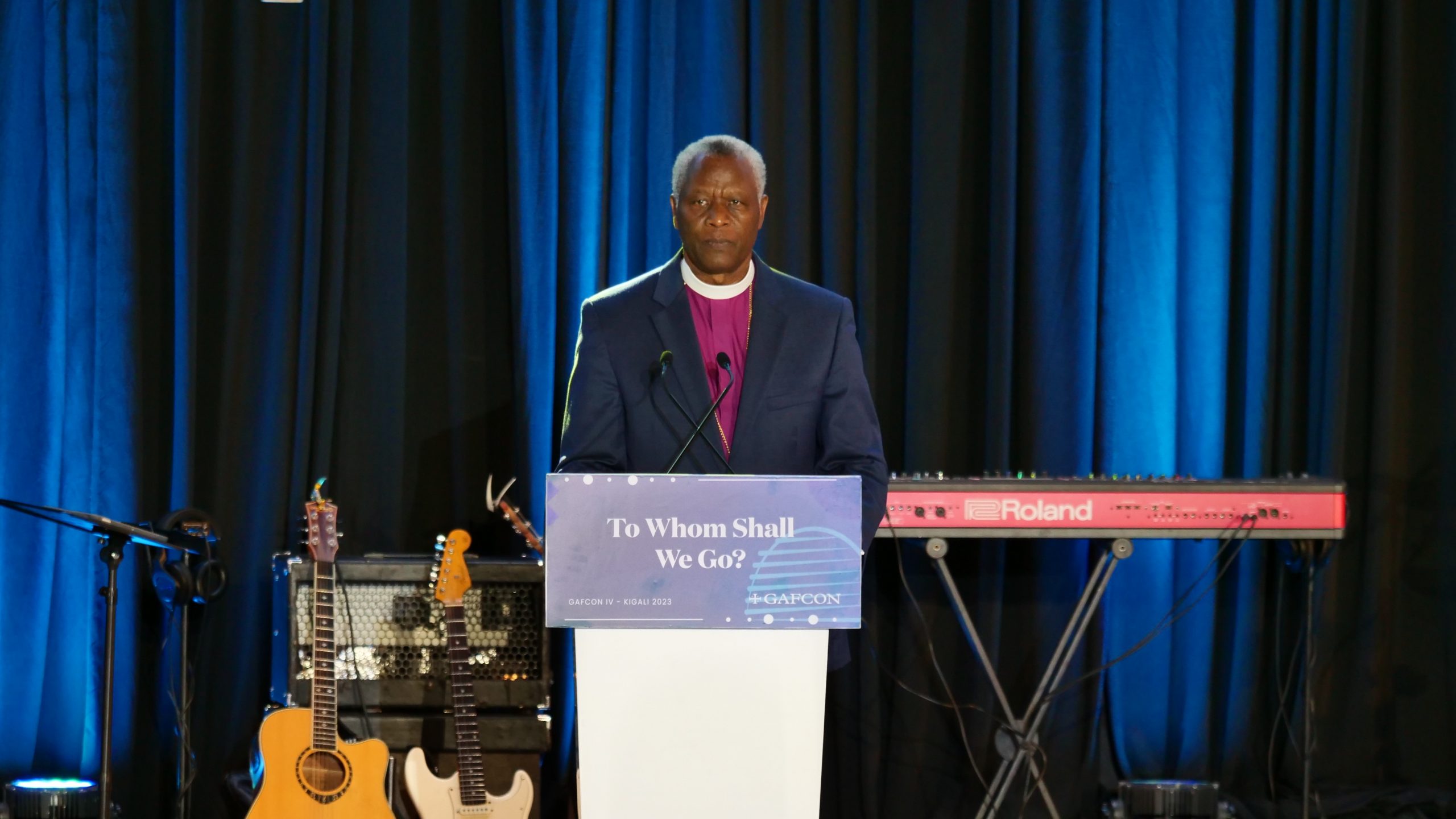
For the morning of our first full day in Kigali, the Conference organizers arranged various tours we could participate in so that we could come into contact with various aspects of Rwandan culture. A few of us supported local businesses at the Caplaki Craft Village, while others visited the Rwandan Genocide Memorial.
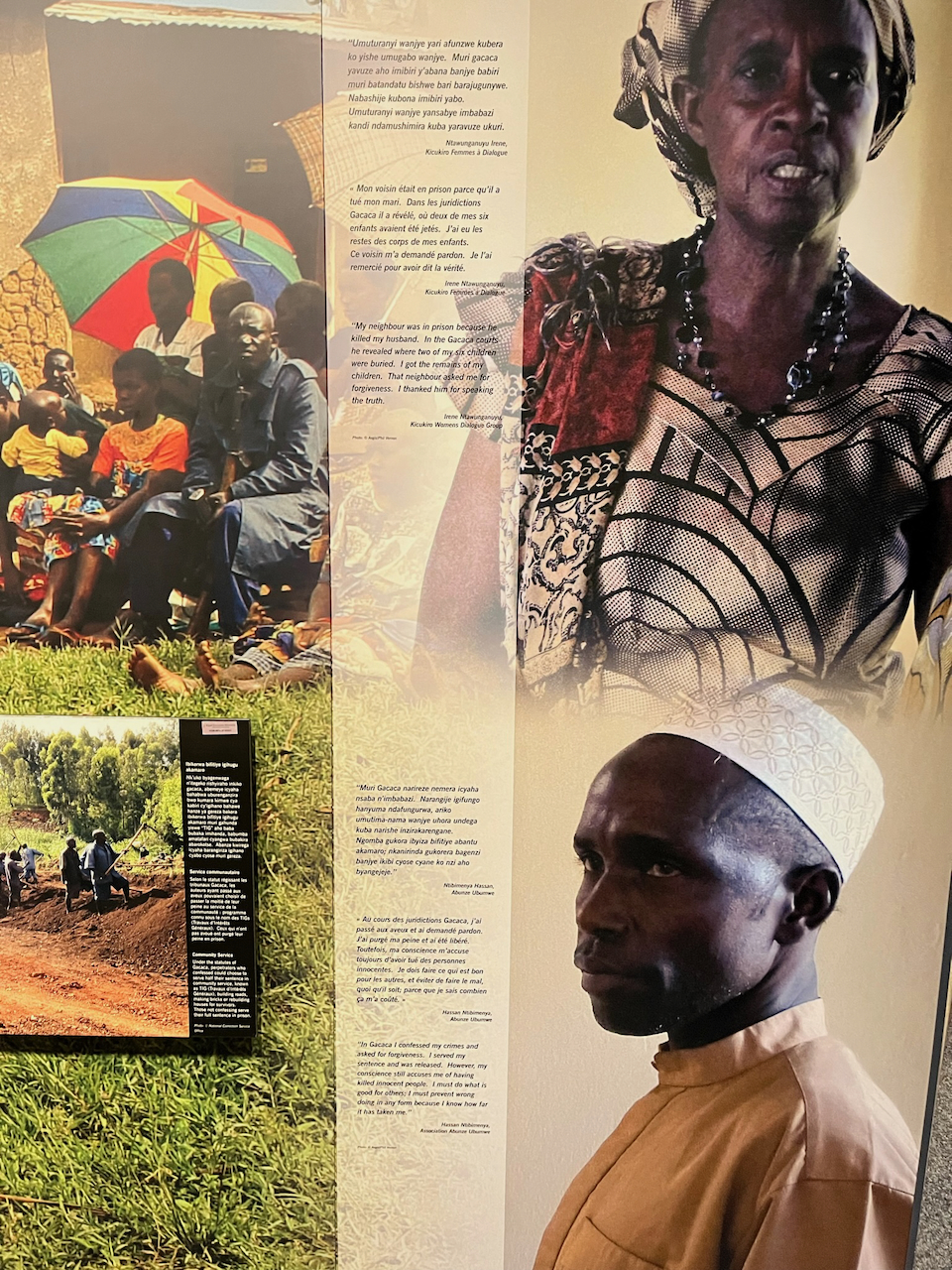

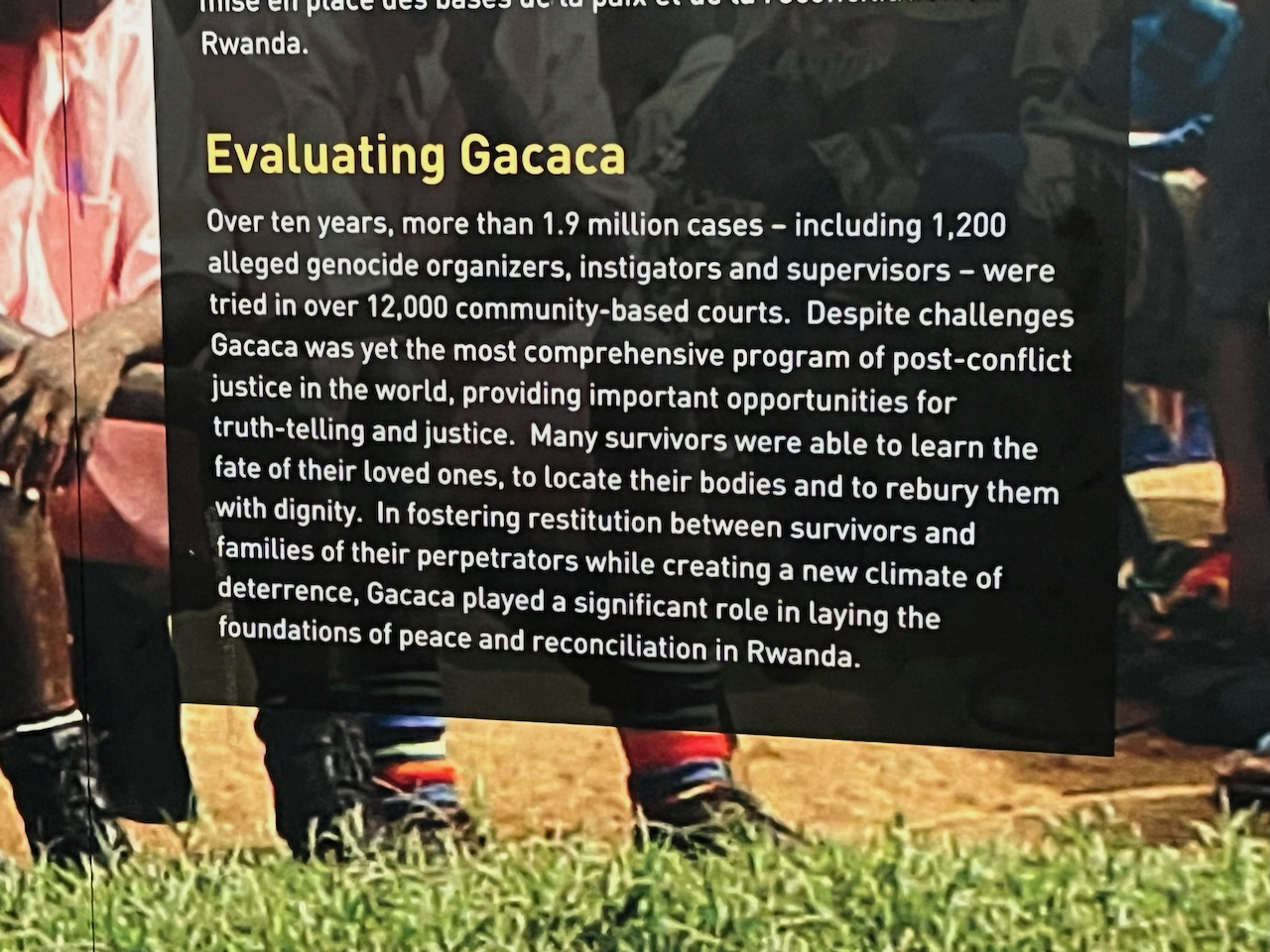
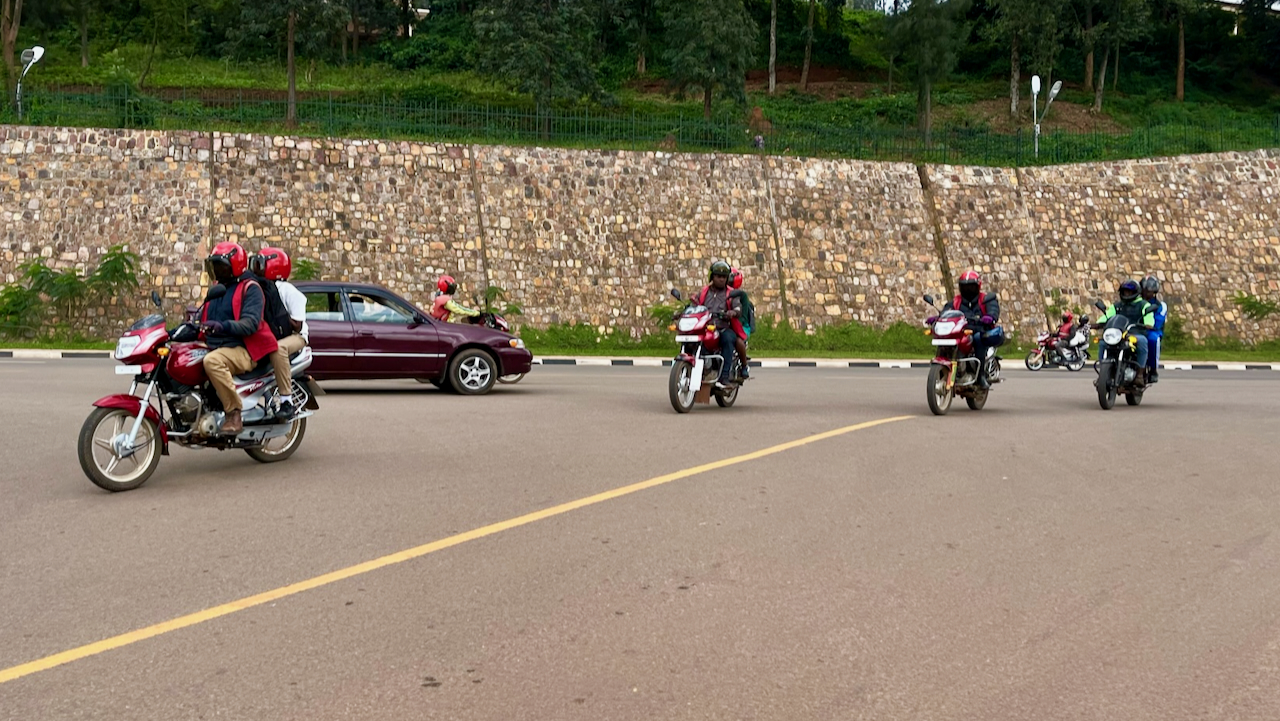
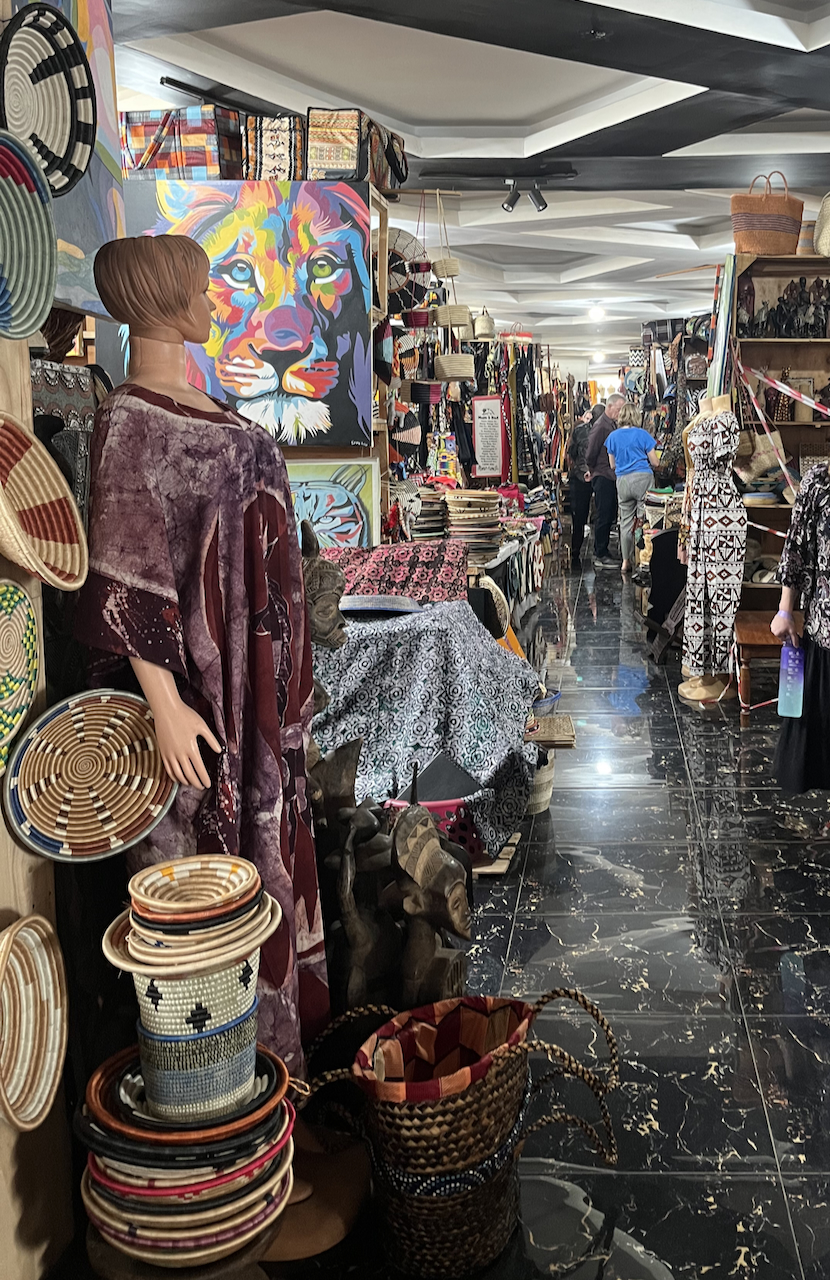
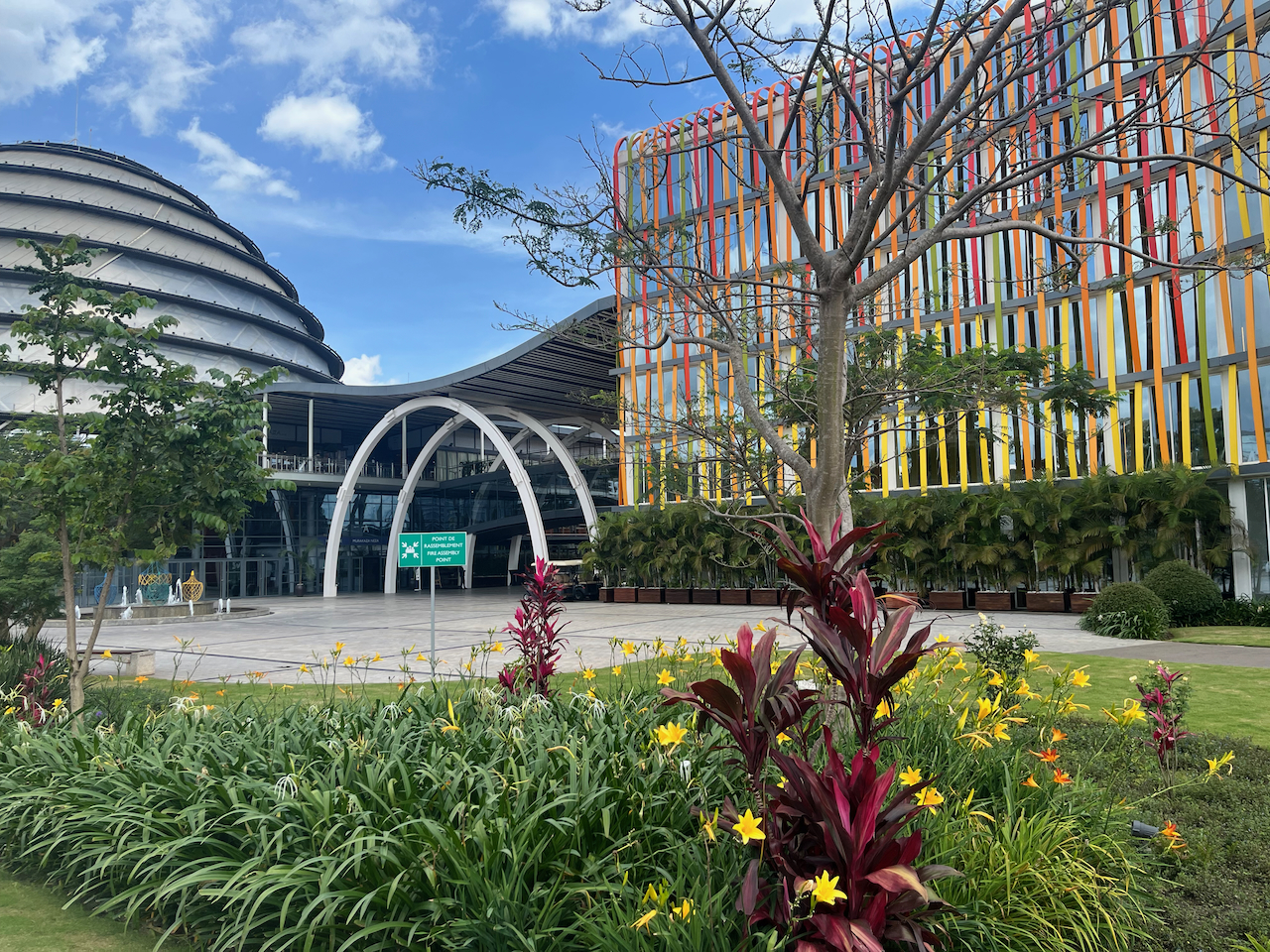
Opening Ceremonies
In the evening, things kicked off more formally with our Opening Ceremonies. The Right Honorable Édouard Ngirente, Prime Minister of Rwanda, was in attendance, along with a host of GAFCON archbishops, bishops, and other clergy and lay delegates and visitors. The GAFCON IV Choir performed several pieces, including the Hallelujah Chorus. The Most Rev. Laurent Mbanda, Archbishop of Rwanda, welcomed us all and thanked the many who worked to make GAFCON IV a reality. A riveting display of traditional Rwandan dance followed.
Then, Archbishop Foley Beach gave an address delineating four marks of the Modern Anglican Church, exhorting us to be a Church who hears four calls:
- The call to be a Repenting Church, even as we call others to repent of their sins
- The call to be a Reconciling Church, on the basis of Jesus and the truth of the Scriptures — that as we have been reconciled to God we must be reconciled to one another (but not to be reconciled to false teachings) at an individual and systemic level
- The call to be a Reproducing Church — Citing Matthew 28:18-20 he told us that if want to see the growth of the Church then “we must go — they will rarely come to us!”
- The call to be a Relentlessly Compassionate Church: The New Testament is clear that we should be marked by love (e.g. 1 Tim 1:5, “the aim of our charge is love”)—but is this what our neighbors think about us? Are our eyes open the hurt and brokenness around us?
Archbishop Ben Kwashi spoke next. When asked what he loved most about Jesus, he answered, “that he loves me.” Archbishop Kwashi has been healed—twice—from Stage IV cancer and thanked the many who have been praying for him, for the medical care he received, and for the support of all who helped finance his treatment. He charged GAFCON to continue to seek the Lord and his Kingdom as we continue to proclaim the Gospel to those who need to hear it. “We have no reason to lose hope,” he declared. He asked us to make note of three priorities:
- The Primacy of Scripture: “Led by the Holy Spirit and his power, GAFCON remains rooted in the Bible, and in the Book of Common Prayer, supported by the Apostles’ Creed, the 39 Articles, and the Jerusalem Declaration. There can be no negotiations or backtracking about what God has done or what God is teaching: his ministry, his death, his resurrection of Jesus Christ.” To move away from this is to place our feet on shifting sand, he said.
- The Power of the Gospel: The world around is disintegrating, but the Gospel can turn things around. He reminded us that it is the power of God, no matter one’s nationality, tribe or gender. He noted the way that as the Gospel spreads individual lives are transformed which results in systemic changes like a decrease in corruption, diminishment of violence, and other societal structures are brought into order.
- The Priority of Evangelism and Mission: When the early Christians took as their priorities the Apostles’ teaching, fellowship, breaking of bread, and prayer, the “Word of God increased” and they bore the fruit of multiplication.
He outlined the way ahead, putting an emphasis on the Jerusalem Statement (whose 14 tenets are a declaration of what Anglican orthodoxy is), and named seven key areas GAFCON is being called to move:
- The Declaration of a Decade of Discipleship, Evangelism and Missions
- GACON Next-Gen: To raise up the next generation of leaders (“who will my grandchildren’s pastor be?” he asked)
- GAFCON Youth: Our young people “need to be guided, nurtured, trained and established on a firm foundation because these youths are the foundation of our society”
- Ministry of Women GAFCON Network: Women leading “from the front”
- Mercy ministries
- The training of bishops
- Inter-Provincial Primatial visits
Finally, Prime Minister Ngirente spoke, noting the importance of the Church in working alongside other systems to bring restoration following the 1994 Genocide that resulted in the “total destruction” of Rwanda beyond the catastrophic loss of life. Rwanda has worked hard for peace, stability, and safety in the decades since. Christians have been instrumental as the country seeks reconciliation, unity, and socioeconomic transformation through initiatives in health, education, and economic development. After the Prime Minister declared GAFCON IV officially open, our Masters of Ceremony gave thanks for our food and we made our way to dinner.
With no further activities scheduled for the evening, we are all getting rest. Tomorrow promises to be a very full and exciting day. One final note—as of this evening, the entire Gulf Atlantic Diocese delegation is finally all together in Kigali!
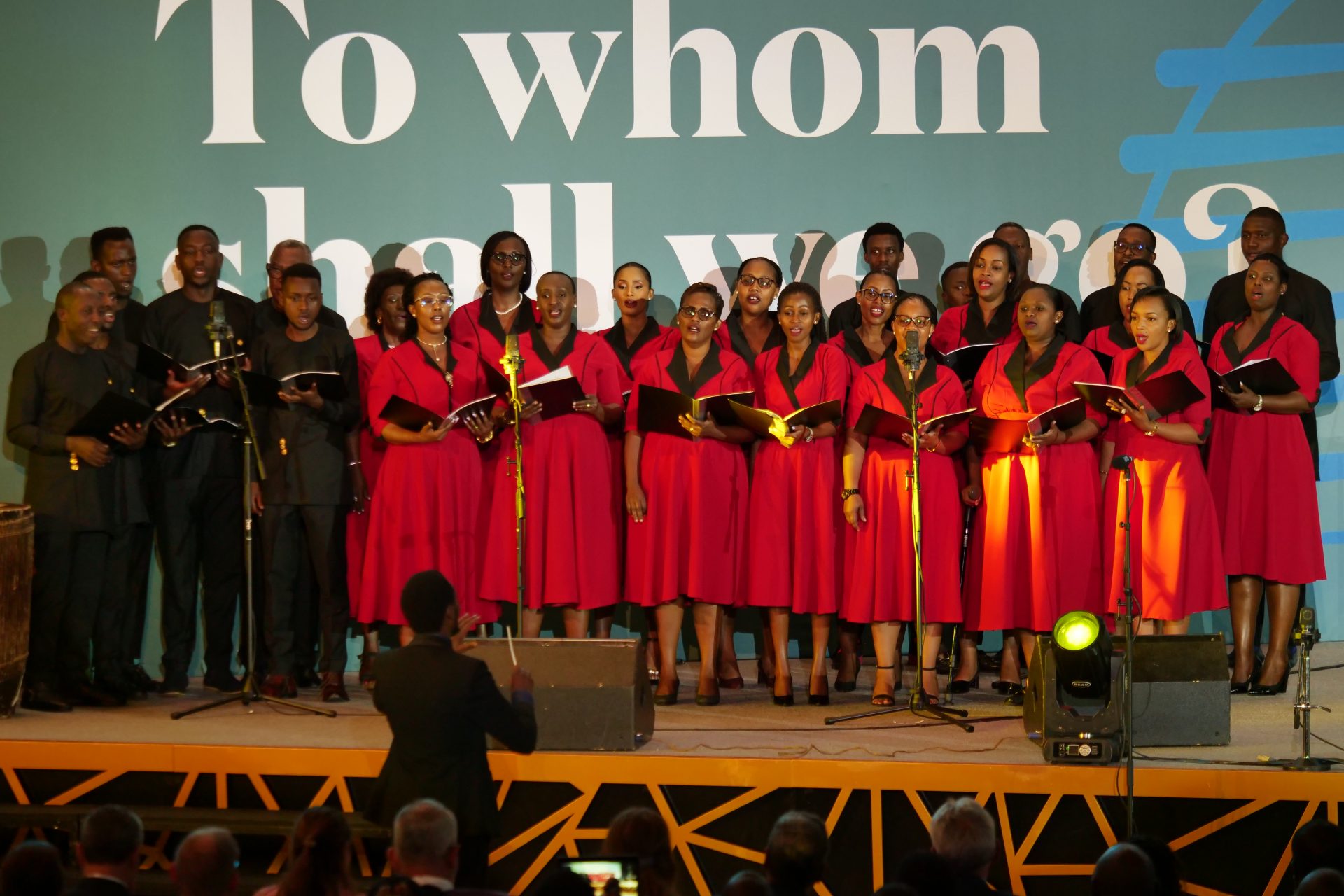
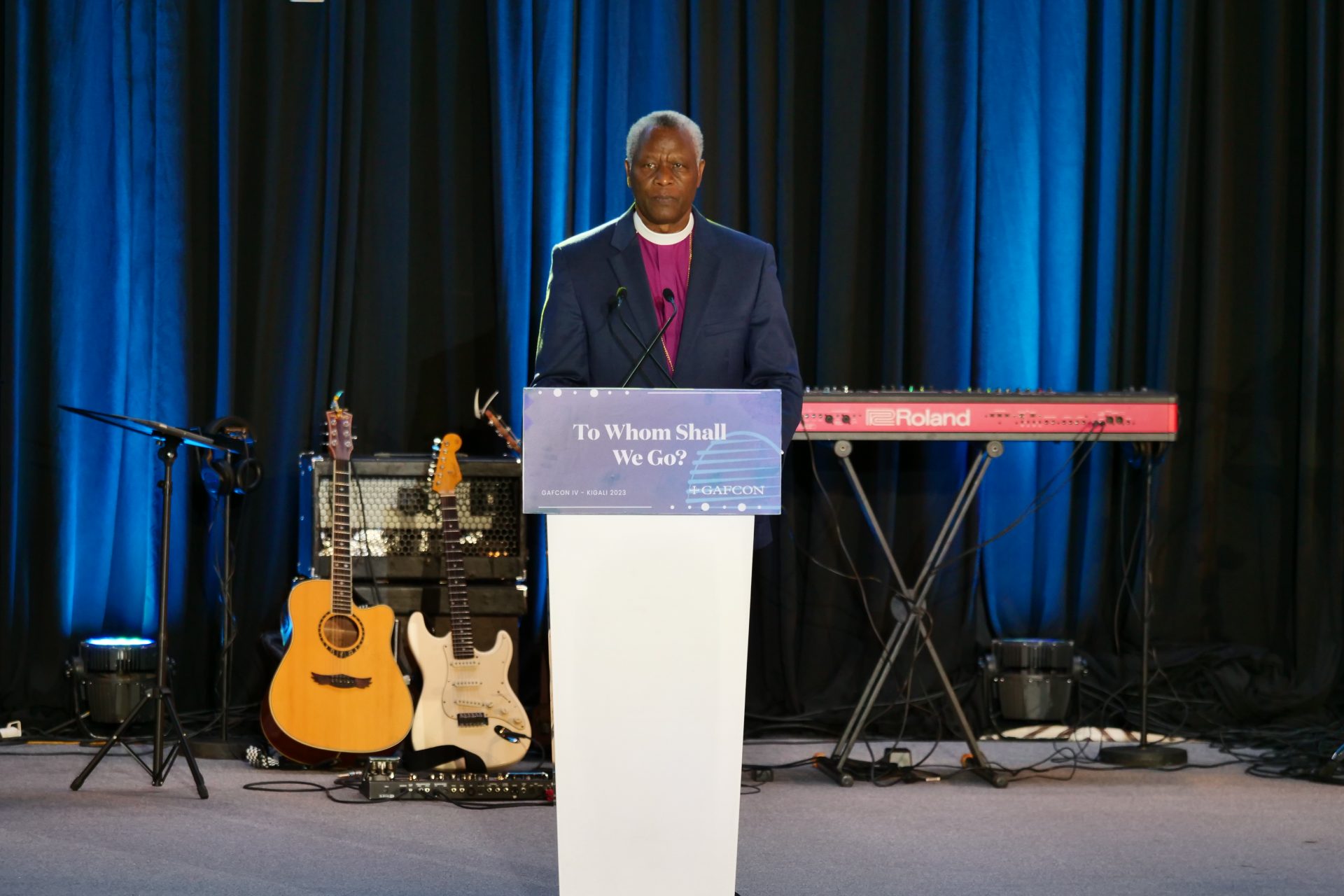
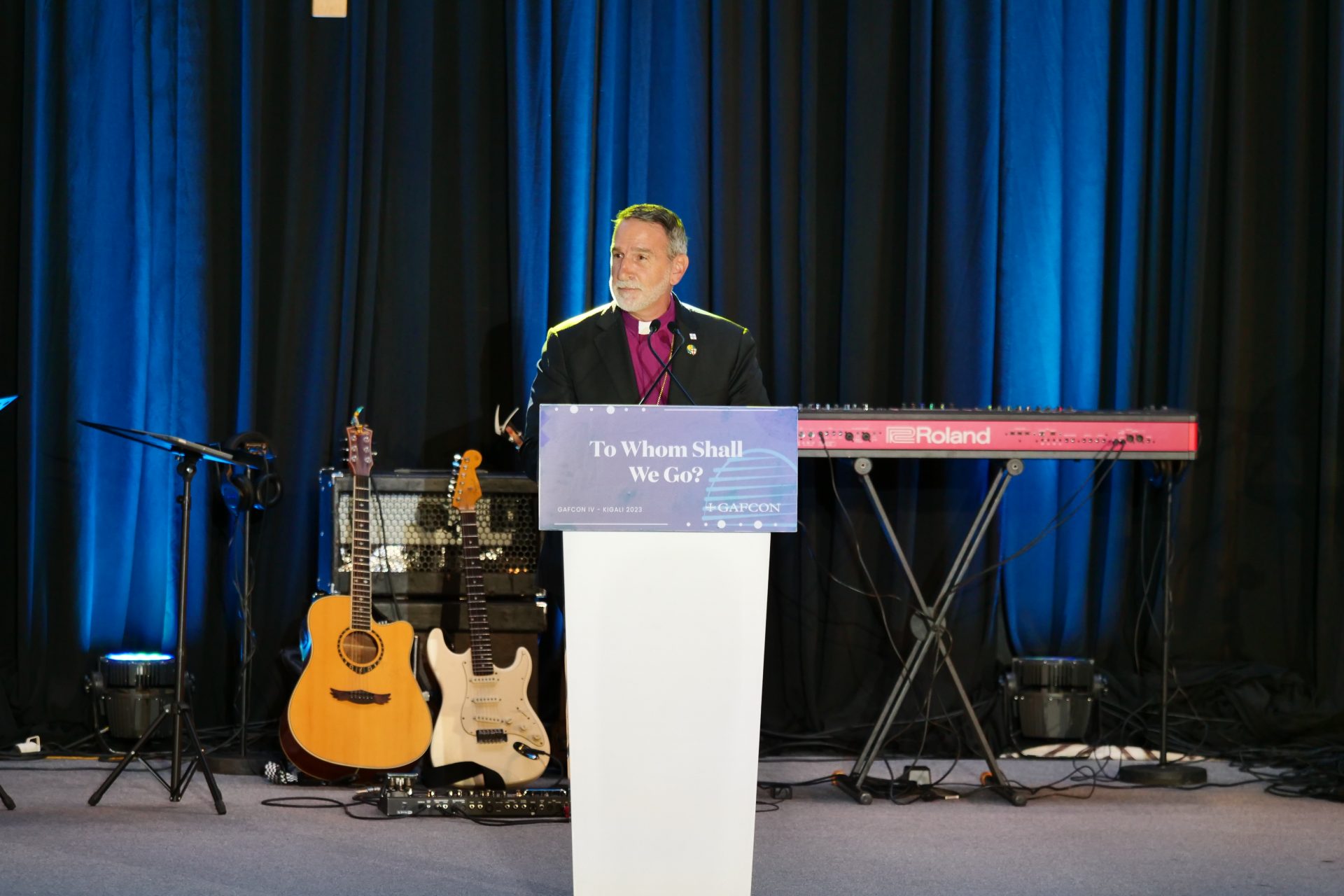

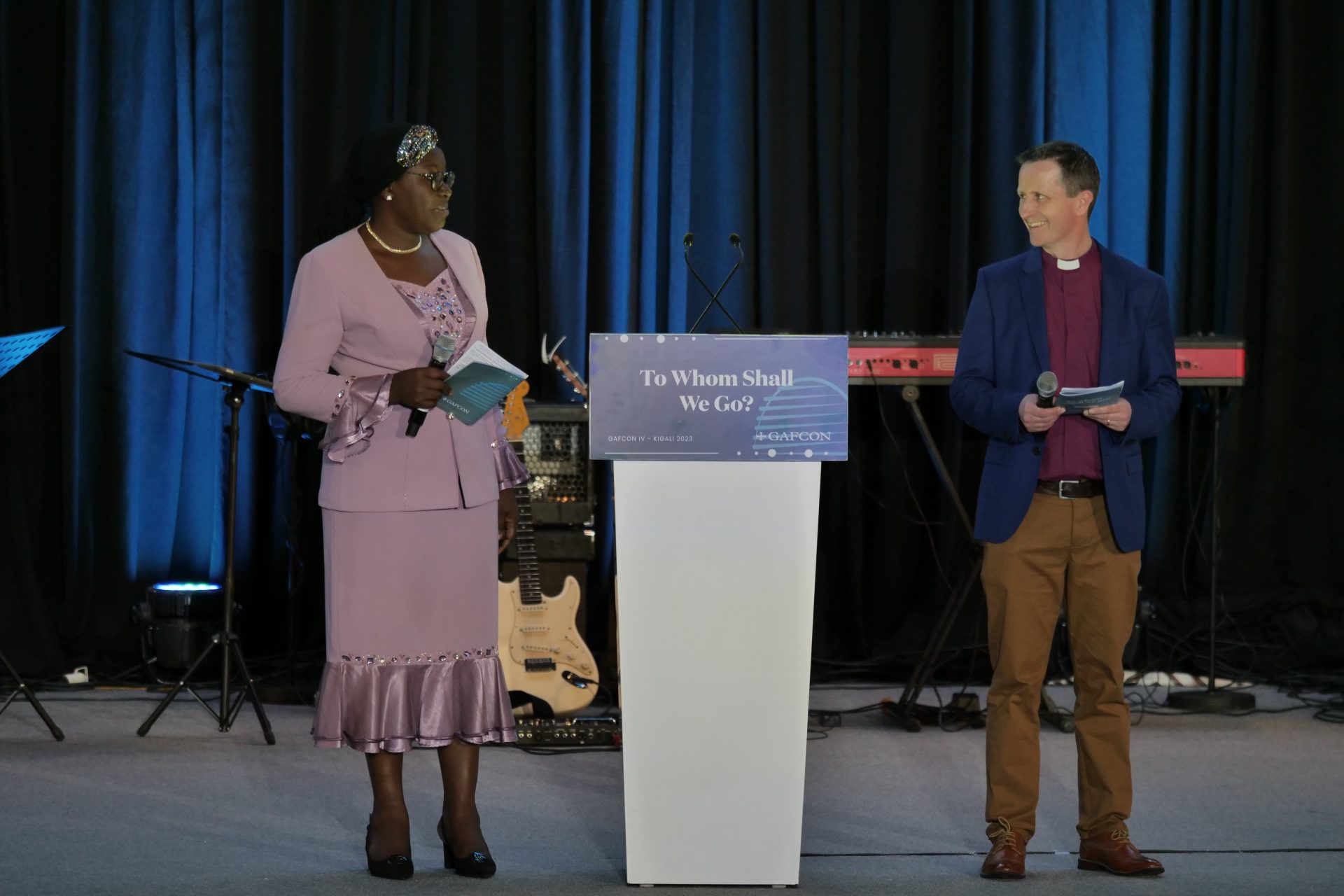
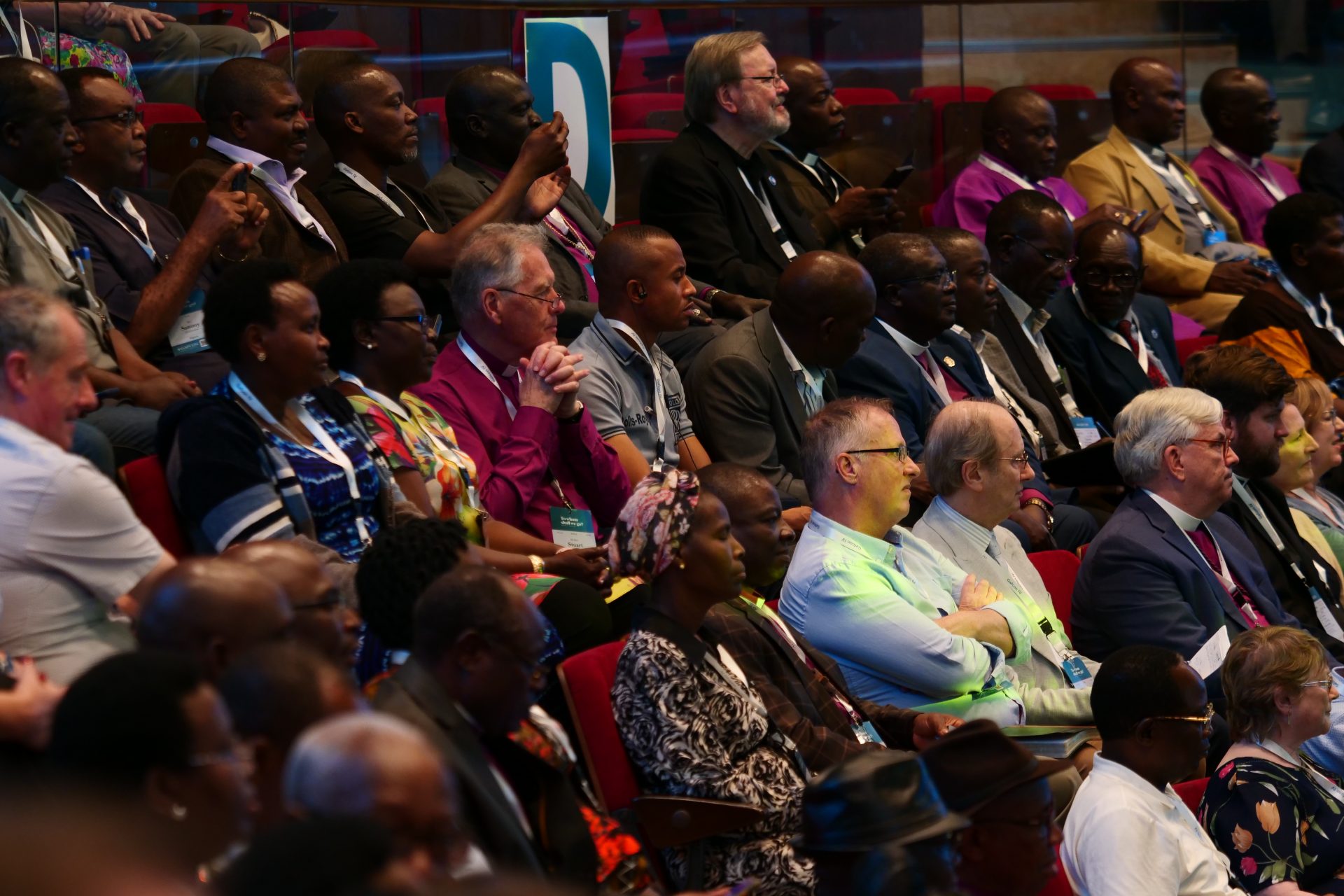
Additional Photo Credits
IMG_2399 • Mike McDonald (Gulf Atlantic Diocese)
IMG_2398 • Mike McDonald (Gulf Atlantic Diocese)
IMG_2400 • Mike McDonald (Gulf Atlantic Diocese)
IMG_2402 • Jessica Jones (Gulf Atlantic Diocese)
IMG_3401 • Samuel Horowitz (Gulf Atlantic Diocese)
IMG_3403 • Samuel Horowitz (Gulf Atlantic Diocese)
